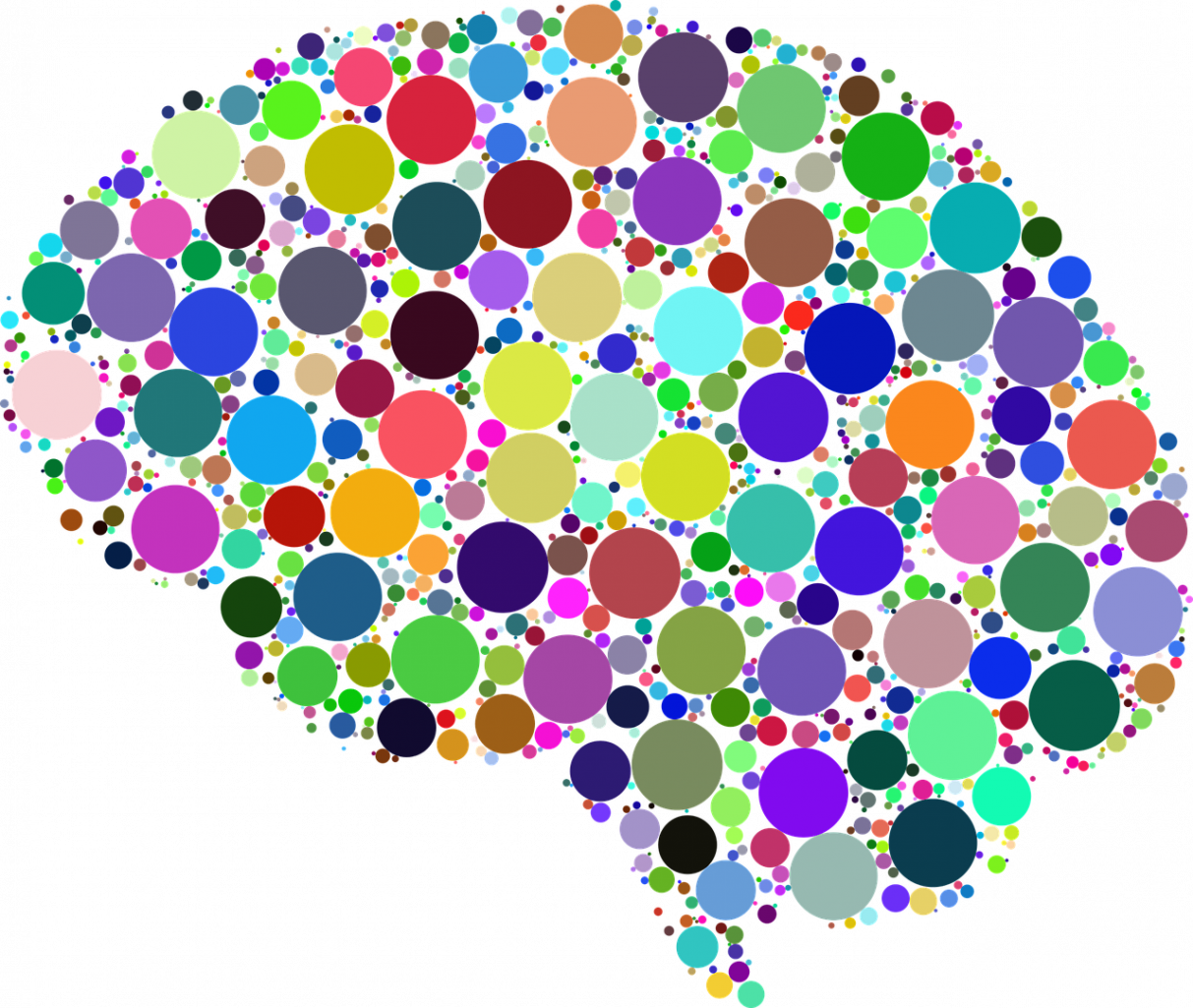Summary: Study shows a combination of human and artificial intelligence optimizes the prediction of mental health problems, including psychosis.
Source: Max Planck Institute
Scientists from the Max Planck Institute of Psychiatry, led by Nikolaos Koutsouleris, combined psychiatric assessments with machine-learning models that analyse clinical and biological data.
Although psychiatrists make very accurate predictions about positive disease outcomes, they might underestimate the frequency of adverse cases that lead to relapses.
The algorithmic pattern recognition helps physicians to better predict the course of disease.
The results of the study show that it is the combination of artificial and human intelligence that optimizes the prediction of mental illness.
“This algorithm enables us to improve the prevention of psychosis, especially in young patients at high risk or with emerging depression, and to intervene in a more targeted and well-timed manner” explains Koutsouleris.

The algorithm does not replace treatment by medical professionals; rather, it assists decision making and provides recommendations as to whether to conduct further examinations on an individual basis. Using the algorithm, practitioners can identify at an early stage the patients that need therapeutic intervention and those who do not.
“The results of our study could help drive a reciprocal and interactive process of clinical validation and improve prognostic tools in real-world screening services,” Koutsouleris summarizes.
About this AI and mental health research news
Source: Max Planck Institute
Contact: Nikolaos Koutsouleris – Max Planck Institut
Image: The image is in the public domain
Original Research: The study will appear in JAMA Psychiatry.






